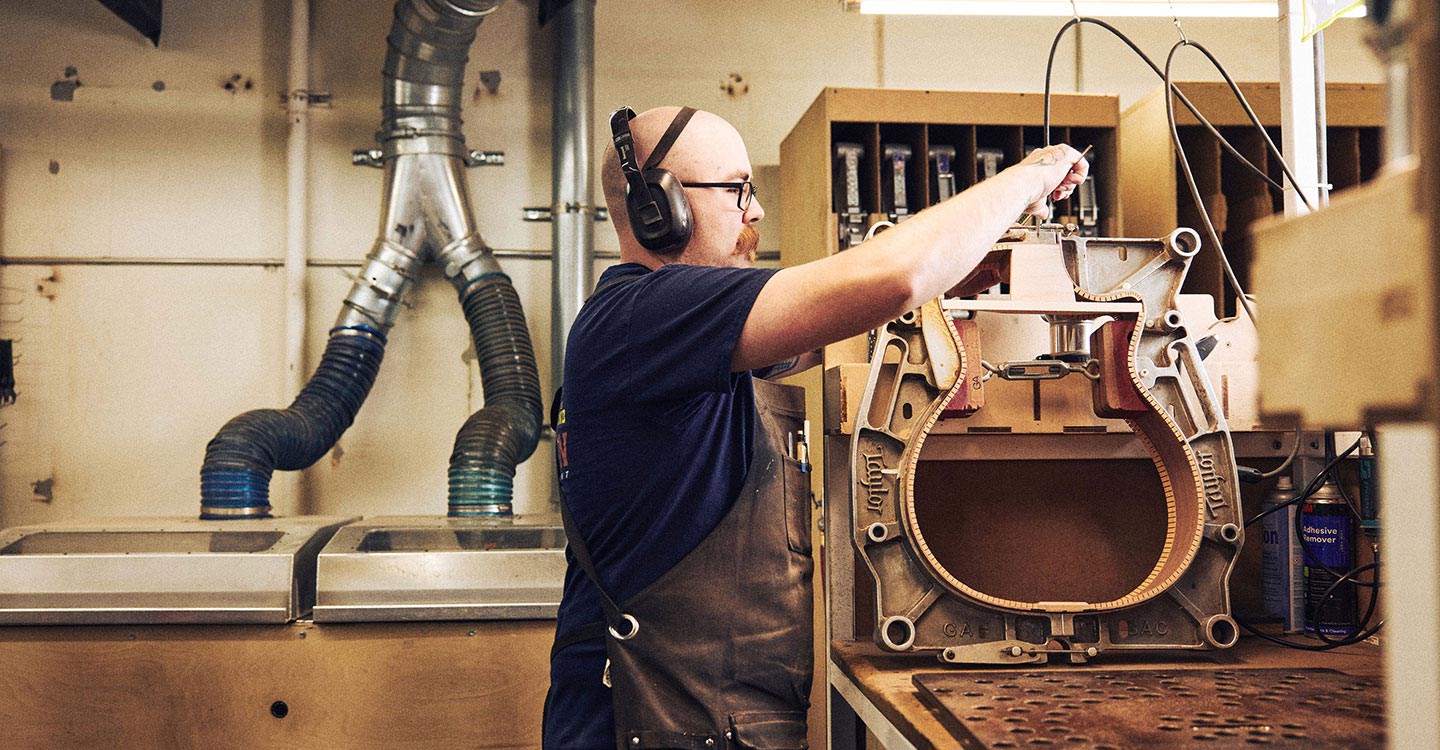Robotics Assembly
Articles about Cartesian, SCARA and other robots, as well as peripheral equipment, such as grippers.
ARTICLES
Robotics
New Scale Robotics Automates Gauging Applications With FANUC Cobots
Company named a FANUC authorized systems integrator.
August 27, 2024
Robotics
FANUC Establishes $1 Million Scholarship Fund
FANUC and SME Education Foundation seek to elevate advanced manufacturing skills.
August 20, 2024
EVENTS
Webinar Webinar
10/11/23 to 10/11/24
Contact: Meg K.
Optimizing Pick-And-Place With Cartesian Robots
Webinar Universal Robots Webinar Universal Robots
10/19/23 to 10/19/24
Contact: Meg K.
Ensure Success With Your Cobot Deployment
Webinar Universal Robots Webinar Universal Robots
11/15/23 to 11/15/24
Contact: Meg K.
Industrial vs. Collaborative Robots for Assembly Applications
Webinar Universal Robots Webinar Universal Robots
3/12/24 to 3/12/25
Contact: Meg K.
Cobots in the Driver’s Seat: Transforming Automotive Assembly With Collaborative Robots
Webinar Sponsor Webinar Sponsored Webinars
10/3/24 to 10/3/25
Contact: Meg K.
Robotics Technology Panel Discussion
Never miss the latest news and trends driving the manufacturing industry
Stay in the know on the latest assembly trends.
JOIN TODAY!Copyright ©2024. All Rights Reserved BNP Media.
Design, CMS, Hosting & Web Development :: ePublishing








.jpg?height=168&t=1724369536&width=275)















